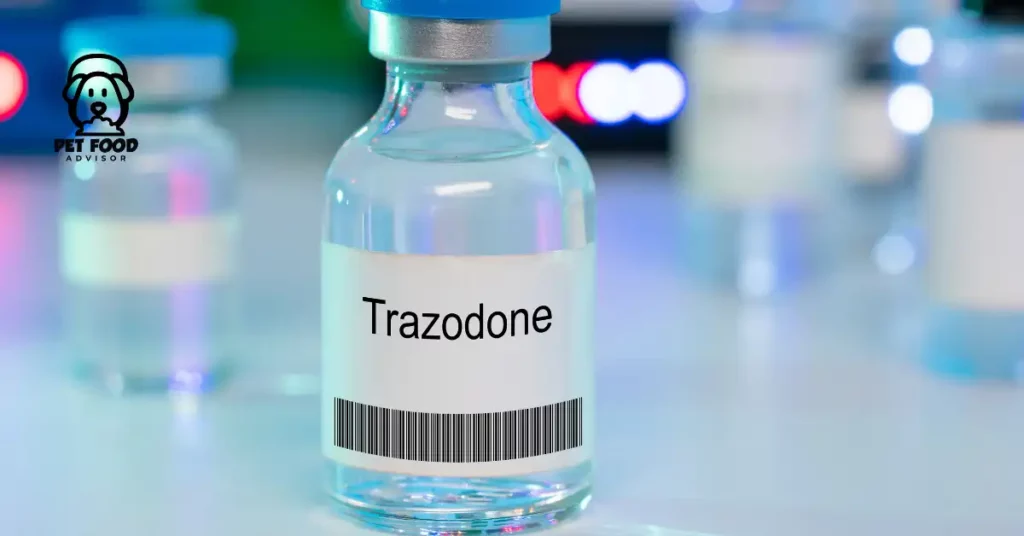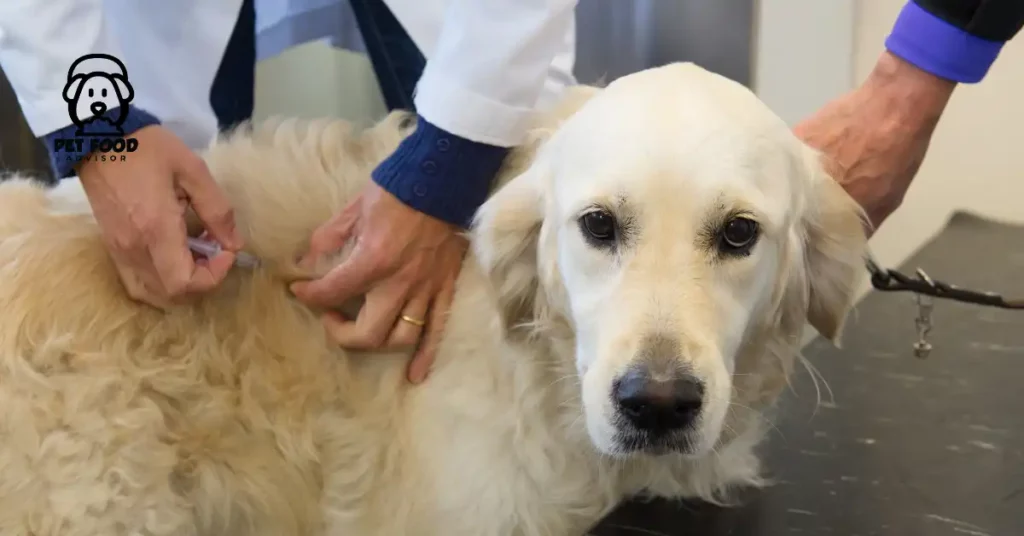Options for Dogs’ At-Home Heartworm Therapy
A long and energetic life depends on keeping your dog’s heart in good condition. Early parasite therapy helps to solve major problems. Regular inspections and treatment spot dangers early on, to prevent their worsening. Home-based prevention helps to reduce heart stress and enhance general well-being. Staying current helps pet owners to create cleaner, safer surroundings. At-home heartworm treatment procedures guarantee that dogs stay robust and lively every day. Understanding at-home heartworm treatment Home heartworm therapy keeps your dog in excellent shape by means of close observation and preventative measures targeted at reducing the possibility of infection. Home heartworm therapy keeps your dog in excellent shape by means of close observation and preventative measures targeted at reducing the possibility of infection. You will also aid your dog in avoiding heart or lung-damaging parasites by means of regular grooming and hygiene. How Dogs Contract Heartworm Every dog owner ought to know how heartworms impact them. Though mosquito bites rather than contact with other animals allow these parasites to spread. Small baby heartworms, known as microfilariae, are collected by a mosquito bite on an infected animal. These mature into larvae inside the mosquito. That mosquito passes the larvae into the bloodstream when it bites another dog. These larvae develop into adult heartworms over a number of months, residing in the dog’s heart and lungs. Early testing helps to catch the disease before it worsens, as this procedure runs about six to seven months. Symptoms of Heartworm Infection Dog owners know the symptoms that might manifest if their dog has heartworm disease. It is actually much easier than it may seem initially. Some dogs get anxious during treatment, and Trazodone for dogs can help them stay calm. First Stage There may not be any indications at this point, like a sporadic cough. Second Stage Things grow more obvious here. Your dog could sometimes cough or feel worn out after some limited movement. Third Stage The signals become increasingly severe. Fourth Stage Called caval syndrome, this is the difficult one. Worms stop blood flow back to the heart at this point. Regrettably, many dogs with this stage perish even with surgery. Not all dogs with heartworm illness, though, get this way. Treatment of heartworms is thus essential if your dog gets afflicted. Standard Way of Therapy Heartworms The way vets usually handle heartworms in dogs is a difficult and time-consuming procedure that might be dangerous and expensive. Your dog has to go easy during this time. What happens when your dog receives this typical therapy is here. First Stage Every month, your dog starts taking medicine. This treatment stops heartworms from growing and also helps with the killing of the existing small ones. Your canine companion takes this medication during the entire course of his treatment. Second Stage This is to be extra cautious in case some bacteria are residing close to the heartworms. They first give the antibiotics to avoid complications because these bacteria may interfere with the treatment. Third Stage Three doses of potent Immiticide (also called melarsomine) are given to your dog on or about the 60th, 90th, and 91st days. These images assist in eliminating the adult heartworms. Your dog could even hang around the vet’s for these injections to make sure everything goes well. Soon we will discuss the dangers of Immiticide. Fourth Stage Your veterinarian may also give your dog a medicine called prednisone to minimize any adverse effects. Fifth Stage The veterinarian examines your dog for little infant heartworms 120 days after. This enables them to determine if your dog may progressively begin participating in extra activities. Should those tiny heartworms continue, extra treatment and retest about day 150 could be given. Sixth Stage The vet checks once more about a year after beginning the therapy to make sure all heartworm levels have been eliminated. Dog Home Heartworm Treatment Herbal Formulation Though utilizing natural herbs for heartworm treatment is feasible, working with a holistic vet is crucial for appropriate direction. Here is a formulation by Steve Marsden, DVM, from the Manual of Natural Veterinary Medicine. Bear in mind that giving this during your consultation is not safe. For dosage, a holistic veterinarian is absolutely essential. This mixture of herbal tinctures contains 14 ml ginger 9 ml of wormwood Four milliliters of garlic. 14 ml of thyme 9 milliliters of cinnamon Consult a veterinarian to help you find the appropriate dose for your dog. Dr. Marsden advises starting at 0.1 ml. Divided into two or three doses daily, per 5 lbs of body weight. Bromelain usage This enzyme helps to break down dead heartworms. It lessens the likelihood of a worm die-off-induced pulmonary embolism. Best for at-home heartworm therapy, bromelain is available in health stores as well as digestive enzyme supplements for dogs, including bromelain. You could provide 30 mg per pound of your dog’s weight. Given two hours away from meals, split this into two or three daily doses. Ready-Made Herbal Mixes Supporting a dog’s general health depends much on natural cures. Hawthorn enhances heart strength while neem aids in immune system enhancement. Dandelion leaves support body cleansing, whereas garlic increases immunity and fights parasites. Among other helpful alternatives, natural antiparasitic compounds are wormwood, black walnut, and black seed. Under supervision, carefully using these components keeps your dog covered and in shape. Methods of Dog Heartworm Prevention Naturally Even in places with irritating mosquitoes, you can protect your dog from damage without using hazardous medication. Though it could not be as easy as those monthly heartworm chews, it is definitely safer for your dog. The way heartworms grow, meds aim to eliminate the young heartworms before they become adult. Without medication, your dog’s immune system can manage that chore. That’s why avoiding heartworm disease first entails strengthening the immune system. 1. Raise your dog’s immune system. The immune system of your dog could help in repelling heartworm disease. Research, however, has it that these wild dogs do not get sick even though heartworms could have been in
Options for Dogs’ At-Home Heartworm Therapy Read More »





